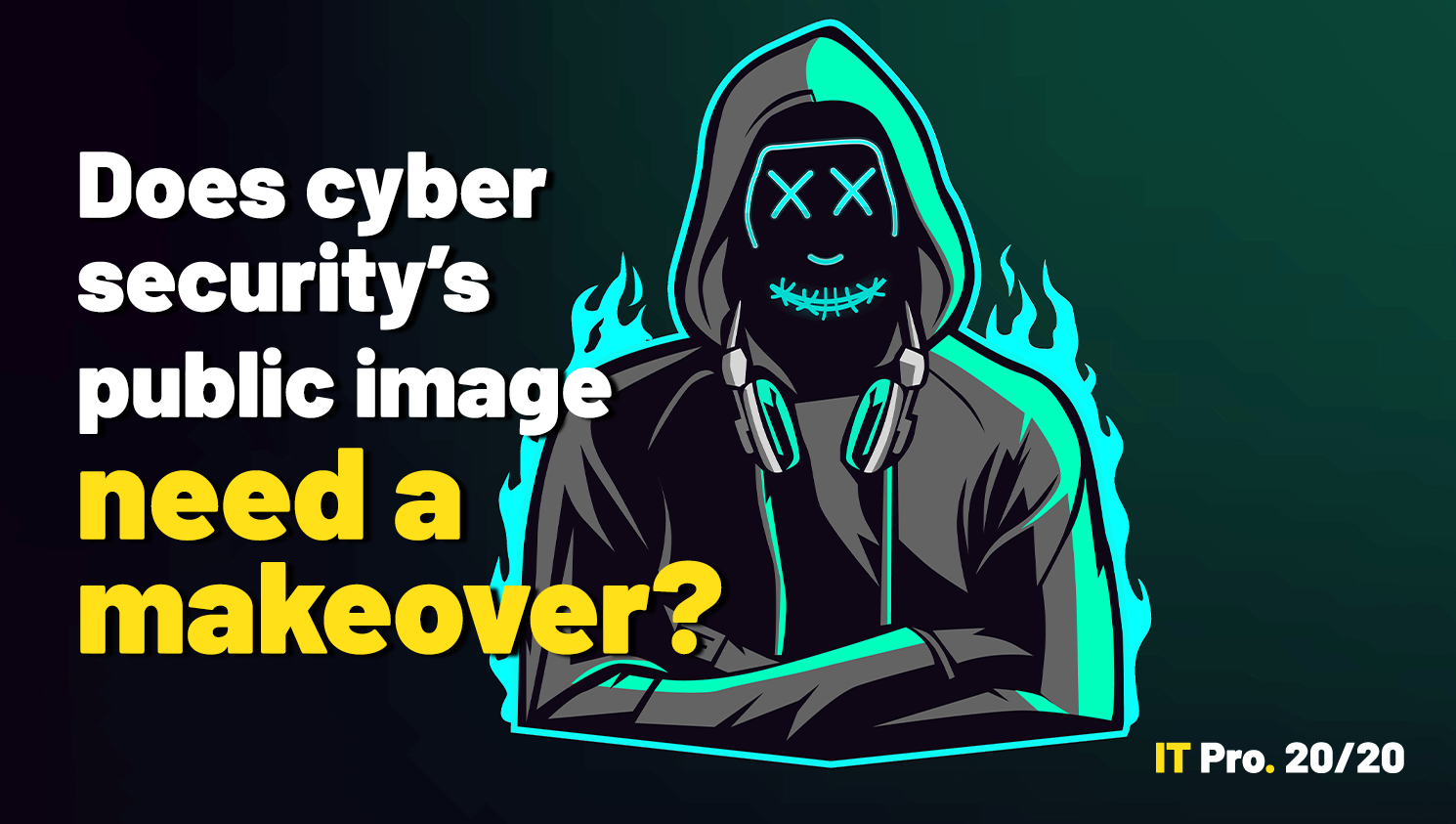Poly Network offers up $500k bug bounty reward to its own hacker
The reward has been offered following the successful return of $610 million in stolen tokens


Poly Network has offered its own hacker a $500,000 bug bounty reward for finding the vulnerability which allowed them to orchestrate what is now considered to be the largest cryptocurrency heist to date.
The blockchain platform reportedly offered up the prize after the hacker returned the remainder of the $610 million (£440 million) worth of Ether, Binance, and USDC tokens, stolen in a hack on the platform on Wednesday.
This is according to a Q&A published by the hacker and shared online by Tom Robinson, the co-founder of the London-based blockchain analytics and compliance company Elliptic. Robinson had found the messages “embedded in ethereum transactions sent from the account controlled by the hacker”.
In a note meant for the hacker, Poly Network is quoted as saying: “We appreciate you sharing your experience and we believe your action constitutes white hat behaviour”.
“We plan to offer you a $500,000 bug bounty after you complete the refund fully,” the company told the hacker, before adding that they won’t face any legal repercussions for the heist, describing it as “very helpful”.
The hacker stated that they hadn’t responded to Poly Network’s bug bounty offer, yet added that all the stolen assets will be sent back.
RELATED RESOURCE

IT Pro 20/20: Does cyber security's public image need a makeover?
Issue 18 of IT Pro 20/20 looks at recent efforts to retire the 'hacker' stereotype, and how the threat landscape has changed over the past 20 years
Elliptic analysts had previously speculated that the decision to return the assets could have been motivated by their traceability: the hacker could be “pursued by the authorities” due to leaving “numerous digital breadcrumbs on the blockchain for law enforcement to follow, aided by blockchain analytics tools”.
Get the ITPro daily newsletter
Sign up today and you will receive a free copy of our Future Focus 2025 report - the leading guidance on AI, cybersecurity and other IT challenges as per 700+ senior executives
On Thursday evening, Poly Network stated that “all the remaining assets on Ethereum (except for the frozen USDT) had been transferred to the multisig[nature] wallet controlled by Mr. White Hat and Poly Network”.
“The repayment process has not yet been completed. To ensure the safe recovery of user assets, we hope to maintain communication with Mr. White Hat and convey accurate information to the public,” it said, before adding that “any unfounded allegations and speculation may damage the extremely important process of asset recovery”.
The identity of the hacker continues to be unknown. However, in their Q&A, they had hinted that they do not come from an English-speaking country and had been engaged in hacking from a young age. They also described themselves as a “high profile hacker in the real world” working in the “security industry”.
Having only graduated from City University in 2019, Sabina has already demonstrated her abilities as a keen writer and effective journalist. Currently a content writer for Drapers, Sabina spent a number of years writing for ITPro, specialising in networking and telecommunications, as well as charting the efforts of technology companies to improve their inclusion and diversity strategies, a topic close to her heart.
Sabina has also held a number of editorial roles at Harper's Bazaar, Cube Collective, and HighClouds.
-
 Should AI PCs be part of your next hardware refresh?
Should AI PCs be part of your next hardware refresh?AI PCs are fast becoming a business staple and a surefire way to future-proof your business
By Bobby Hellard
-
 Westcon-Comstor and Vectra AI launch brace of new channel initiatives
Westcon-Comstor and Vectra AI launch brace of new channel initiativesNews Westcon-Comstor and Vectra AI have announced the launch of two new channel growth initiatives focused on the managed security service provider (MSSP) space and AWS Marketplace.
By Daniel Todd
-
 Why the Space Force wants white hats to attack a satellite
Why the Space Force wants white hats to attack a satelliteCase study Authorities hope the first-of-its-kind competition could bring benefits to the cyber sector
By James O'Malley
-
 OpenAI to pay up to $20k in rewards through new bug bounty program
OpenAI to pay up to $20k in rewards through new bug bounty programNews The move follows a period of unrest over data security concerns
By Ross Kelly
-
 New ‘DarkBit’ ransomware gang shuts down Technion, demands $1.7 million ransom
New ‘DarkBit’ ransomware gang shuts down Technion, demands $1.7 million ransomNews A politically charged ransom note suggests DarkBit are one of the newest hacktivist gangs to emerge in recent months
By Ross Kelly
-
 Research: Luxury cars and emergency services vehicles vulnerable to remote takeover
Research: Luxury cars and emergency services vehicles vulnerable to remote takeoverNews A "global API issue" has been highlighted through months-long research into brands such as Ferrari and Mercedes-Benz, leaving owners open to hacking, account takeovers, and more
By Rory Bathgate
-
 Podcast transcript: Meet the cyborg hacker
Podcast transcript: Meet the cyborg hackerIT Pro Podcast Read the full transcript for this episode of the IT Pro Podcast
By IT Pro
-
 The IT Pro Podcast: Meet the cyborg hacker
The IT Pro Podcast: Meet the cyborg hackerIT Pro Podcast Resistance is futile - offensive biotech implants are already here
By IT Pro
-
 SpaceX bug bounty offers up to $25,000 per Starlink exploit
SpaceX bug bounty offers up to $25,000 per Starlink exploitNews The spacecraft manufacturer has offered white hats immunity to exploit a wide range of Starlink systems, with a dedicated report page
By Rory Bathgate
-
 Nomad happy to forgive hackers if they return 90% of $190 million that was stolen
Nomad happy to forgive hackers if they return 90% of $190 million that was stolenNews The crypto bridge is offering 'white hat hackers' a 10% bounty following the attack earlier this week
By Zach Marzouk